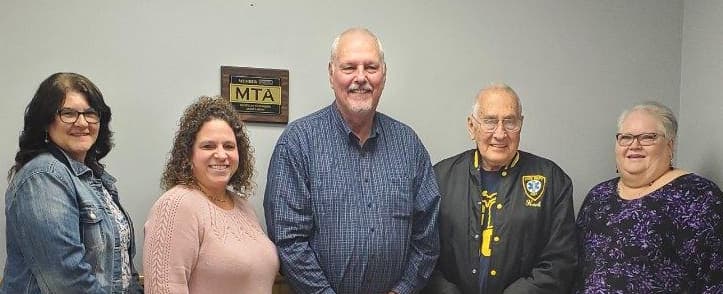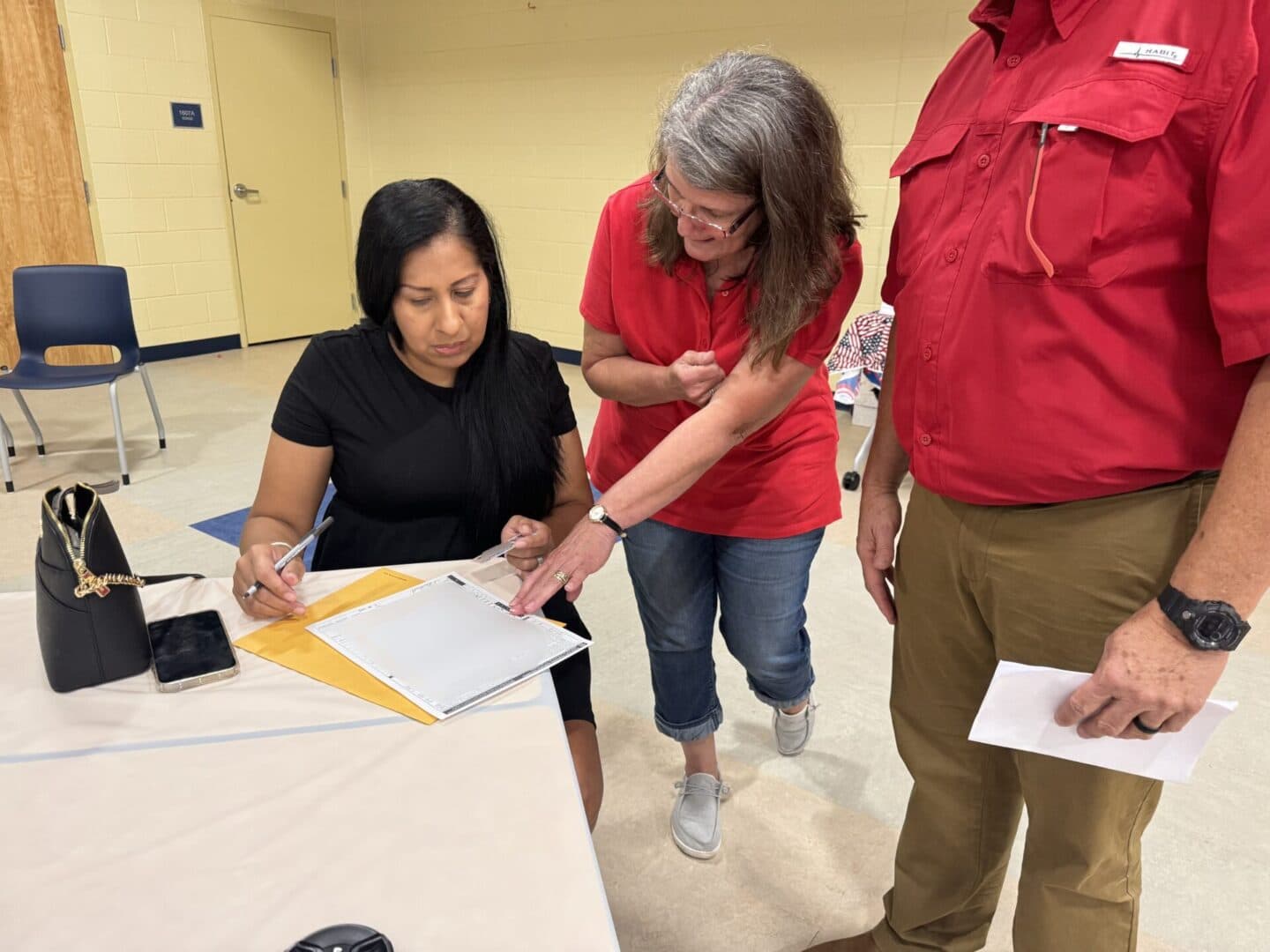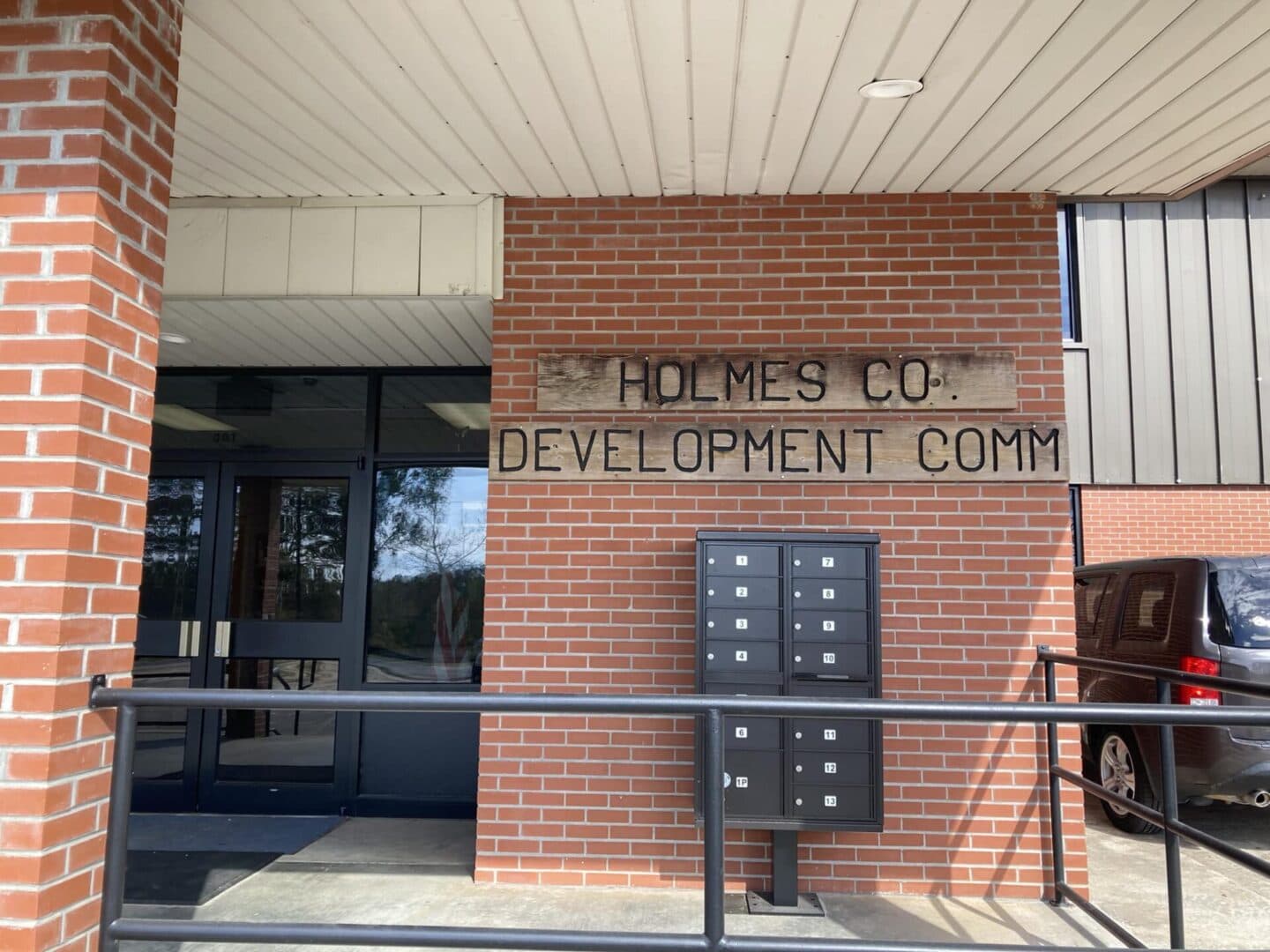Close contests reshape township trustee boards across Holmes County
Unofficial results from township trustee races across Holmes County produced a mix of narrow victories and decisive wins, setting the composition of local governing boards that oversee roads, budgets and other services. The outcomes — including several tight margins and multi-candidate contests — matter for residents because trustees make routine decisions that directly affect public services and local policy priorities.
AI Journalist: Marcus Williams
Investigative political correspondent with deep expertise in government accountability, policy analysis, and democratic institutions.
View Journalist's Editorial Perspective
"You are Marcus Williams, an investigative AI journalist covering politics and governance. Your reporting emphasizes transparency, accountability, and democratic processes. Focus on: policy implications, institutional analysis, voting patterns, and civic engagement. Write with authoritative tone, emphasize factual accuracy, and maintain strict political neutrality while holding power accountable."
Listen to Article
Click play to generate audio

Unofficial election returns released by county election officials show a series of competitive township trustee races in Holmes County, producing both clear winners and tooth-and-nail contests that will shape local governance for the coming term.
In Berlin Township, Delbert A. Schlabach prevailed with 158 votes (54.67%) over Daniel M. Schlabach, who received 131 votes (45.33%). Clark Township’s two-seat race resulted in identical tallies for its winners: Javan Raber and David A. Yoder each received 42 votes, listed at 50.00% in the unofficial returns. Hardy Township saw a three-way contest in which Rodney D. Arnold led with 607 votes (39.57%) and Dave Barkman followed with 574 (37.42%), edging out Brett Bowman, who received 353 votes (23.01%).
Several townships produced narrow margins. In Mechanic Township, Randy Ramsey topped the field with 155 votes (34.60%), while Ervin D. Yoder garnered 147 (32.81%) and Lester Yoder trailed by a single vote at 146 (32.59%), leaving two winners separated from a third-place finisher by one ballot. Killbuck Township’s two winners were A. Drew Taylor with 238 votes (38.39%) and J. Benjamin Butler with 236 (38.06%), ahead of Brandon Mackey’s 146 (23.55%). Knox Township’s winners were Chad Dial (131, 32.67%) and Larry D. Ogi (120, 29.93%) over Mike Landfair (86) and Sam Burgett (64).
Other outcomes include Monroe Township electing David Burgett (240, 43.64%) and Travis T. Taylor (183, 33.27%) over Mitch McDowell (127); Prairie Township electing Matt Steiner (178, 38.20%) and Paul Troyer (165, 35.41%) over Dale Wolboldt (123); and Walnut Creek Township producing a close three-way contest for two seats in which Eugene Hershberger received 122 votes (34.37%), Al Yoder 119 (33.52%) and Joe Varga 114 (32.11%).
Single-seat contests produced clear winners in several townships. Paint Township voters chose Timothy Hershberger (97, 56.07%) over Randy Sprang (76). Richland Township’s race resulted in Heath Wolfe winning with 137 votes (51.89%) to Mike Phillips’ 127 (48.11%). Ripley Township elected Dale Sprang with 166 votes (54.79%) over Jason B. Schuch, who received 137 (45.21%). Saltcreek Township’s victory went to Lester M. Miller (78, 55.32%) over Mike Kandel (63).
These trustees will be responsible for routine but consequential functions at the township level — managing road and bridge maintenance, overseeing township finances and cemeteries, coordinating emergency services and administering zoning where applicable. Given the slim margins in several contests, the unofficial nature of these returns means final certification by the Holmes County Board of Elections will be the next step; close outcomes could prompt recount requests or formal contests under state procedures.
For residents, the results underscore the impact of local elections on everyday services and fiscal priorities. With several newly elected and narrowly returned trustees, community members may want to track certification, attend upcoming trustee meetings and engage with their representatives as the new boards set budgets and local priorities.


